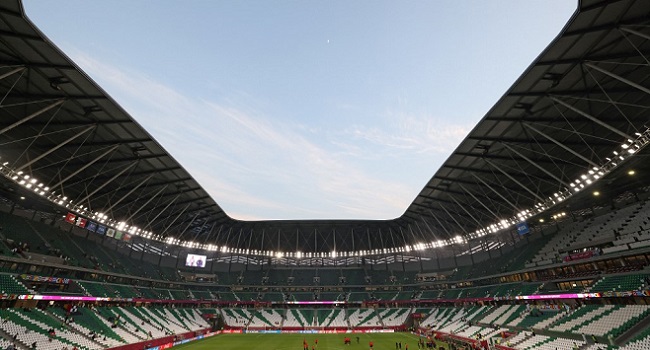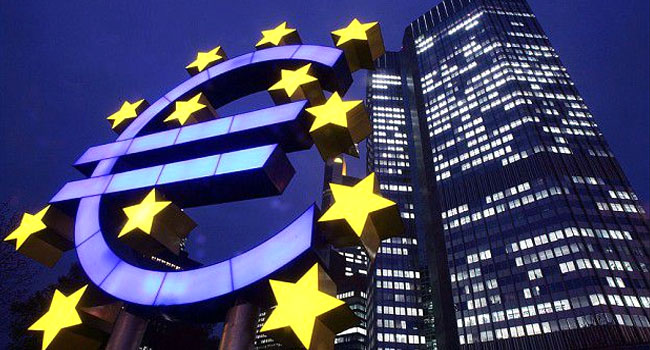
Russia has threatened retaliatory measures after YouTube blocked the German-language channels of state broadcaster RT for violating coronavirus disinformation rules.
The US video-sharing platform told German media on Tuesday that it had issued a warning to RT for violating its coronavirus disinformation guidelines and then shuttered two channels for breaching user terms.
The move comes amid an escalating standoff between foreign tech companies and the Kremlin, which accuses them of interfering in Russian politics, including by hosting content supportive of jailed opposition leader, Alexei Navalny.
Russia’s foreign ministry accused YouTube of an “unprecedented act of media aggression” which it said was likely aided by German authorities.
“The adoption of symmetrical retaliatory measures against German media in Russia… seems not only appropriate, but also necessary,” the ministry said in a statement.
“We believe these measures are the only possible way to stimulate our partners’ interest in a constructive and meaningful dialogue around this unacceptable situation,” it said.
Russia has recently been ramping up pressure on foreign tech giants as it seeks greater controls over content available online to its domestic audience.
Ahead of parliamentary elections this month, Russia’s media watchdog blocked dozens of websites linked to Navalny, whose organisations were banned in Russia under “extremism” legislation.
Courts have slapped non-compliant platforms, including Twitter, Google and Facebook, with a series of fines and in March started throttling the speed of Twitter’s services.




